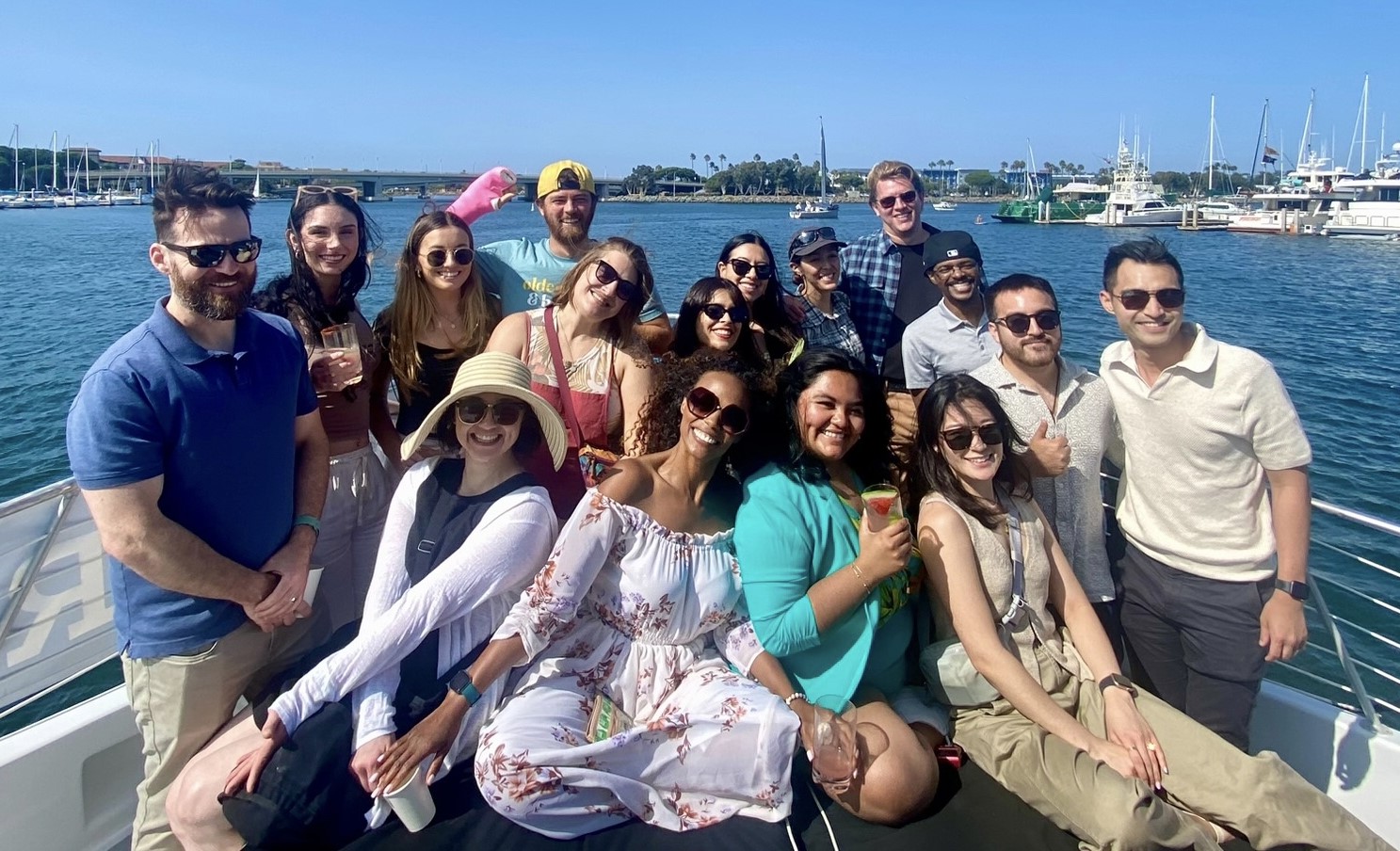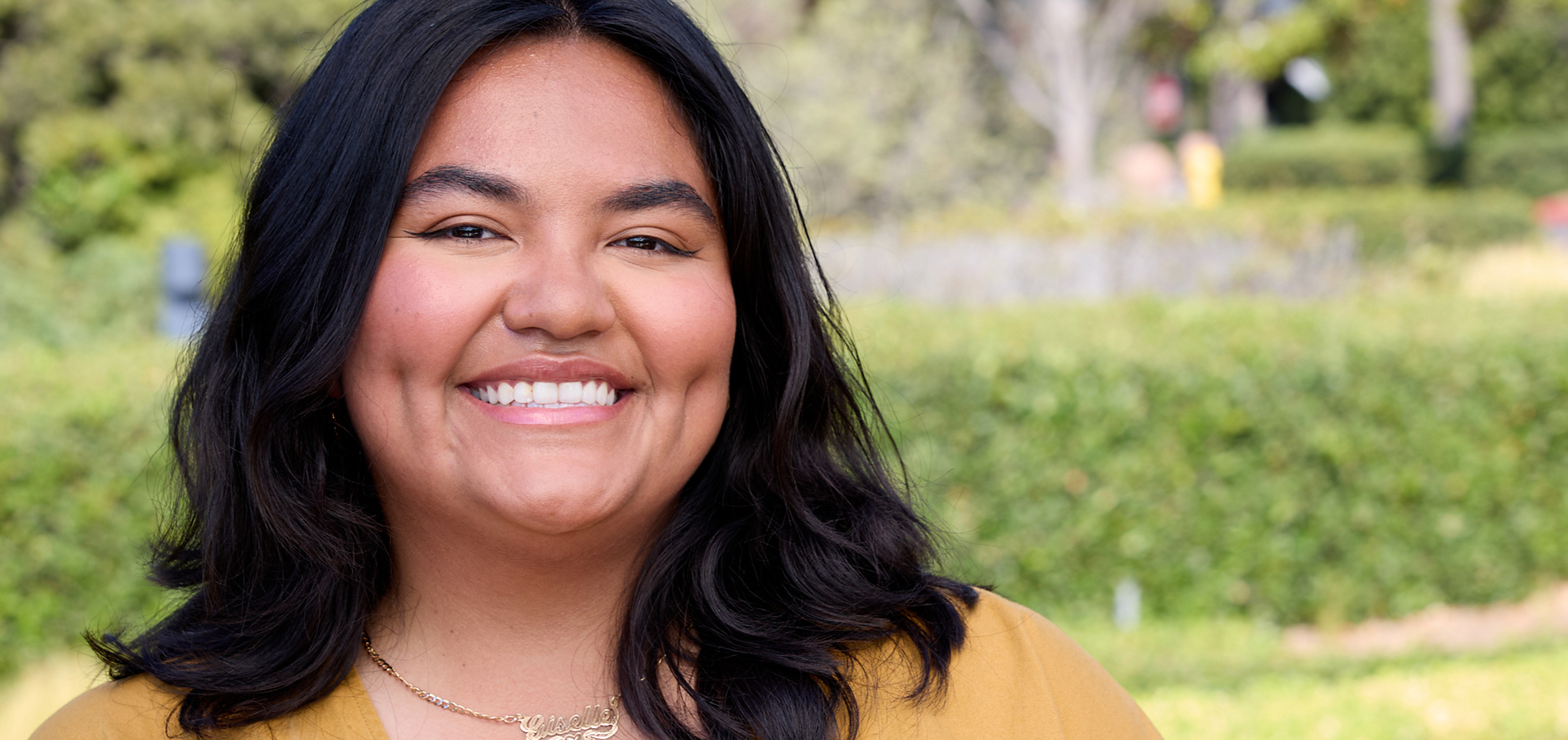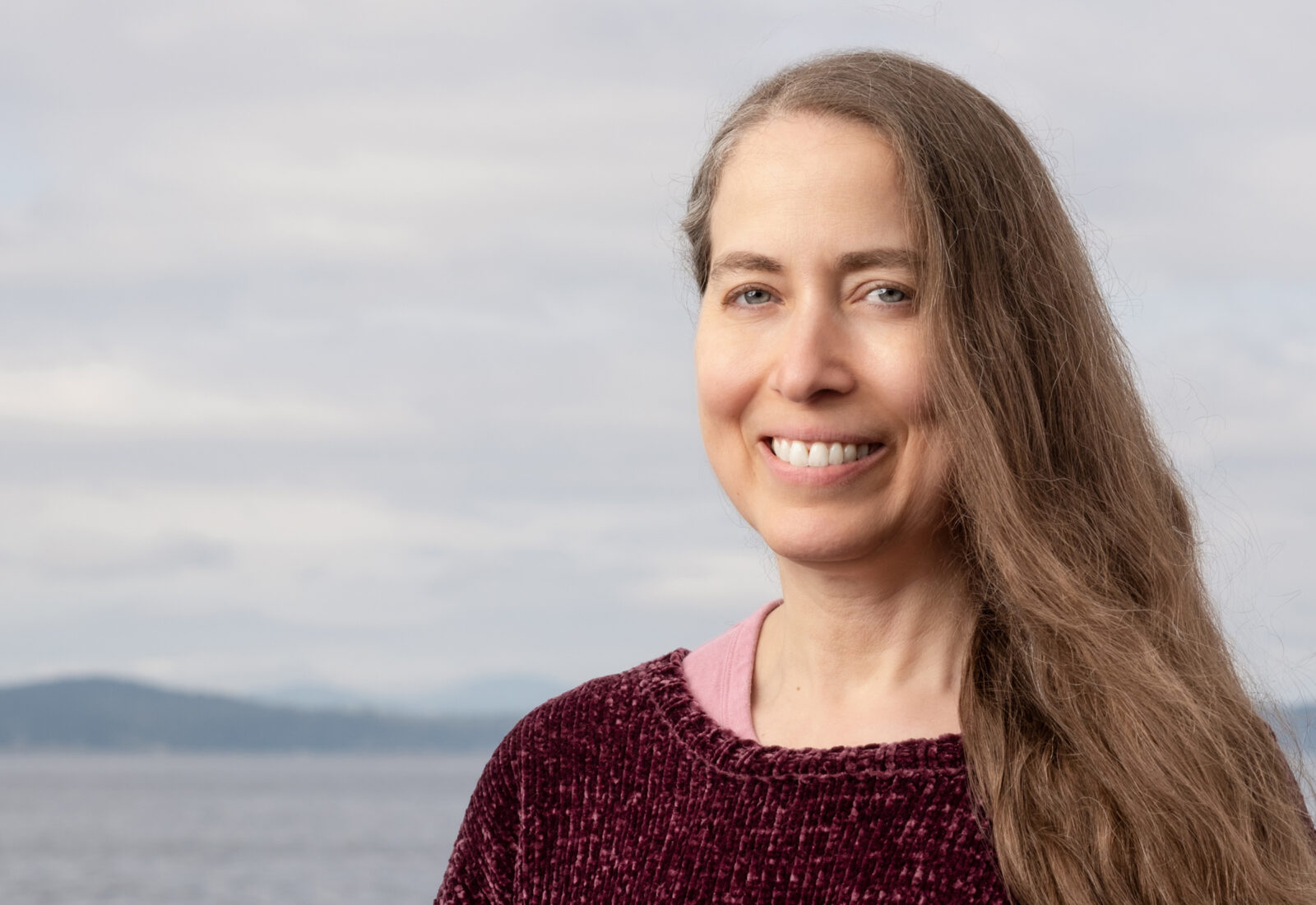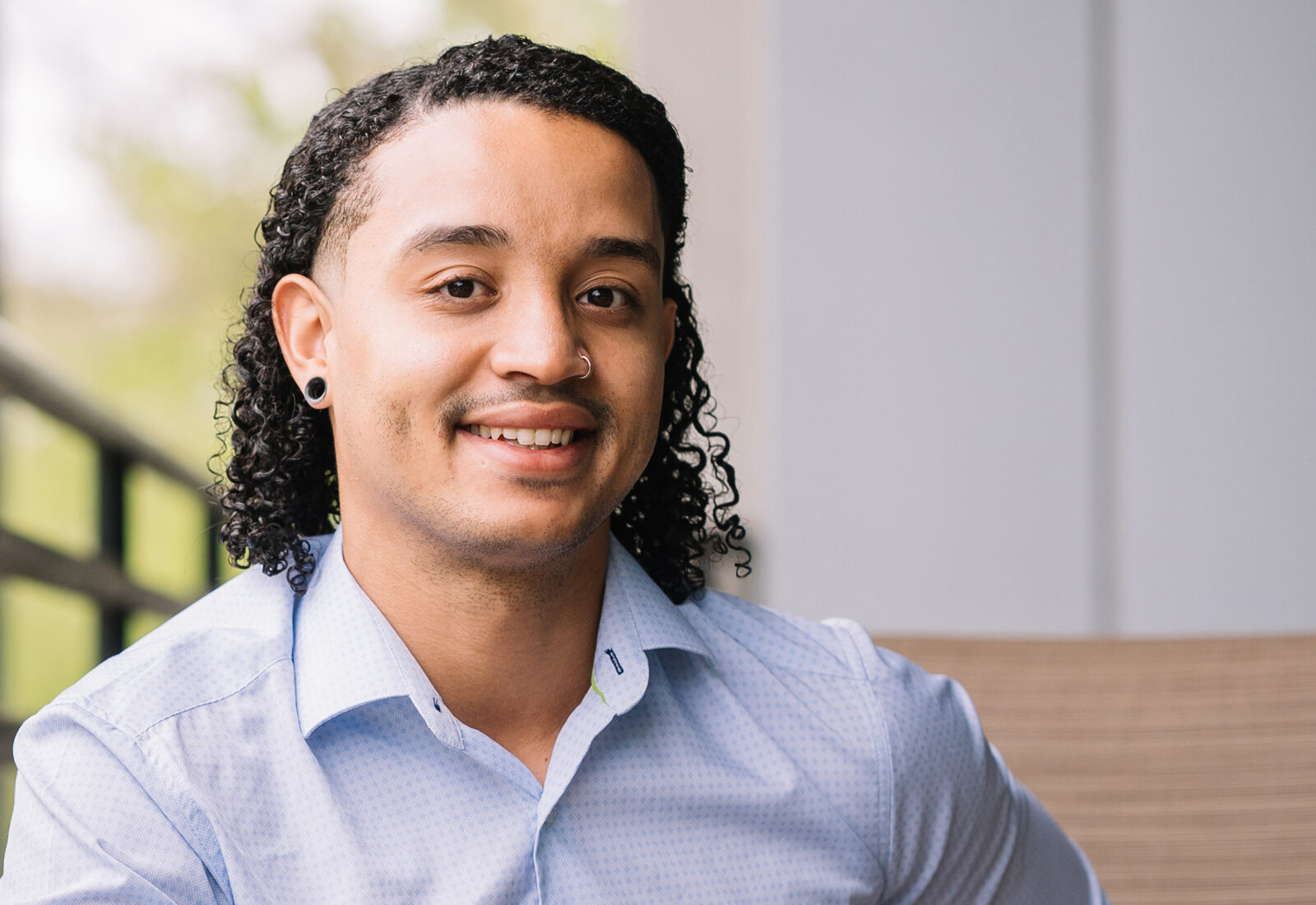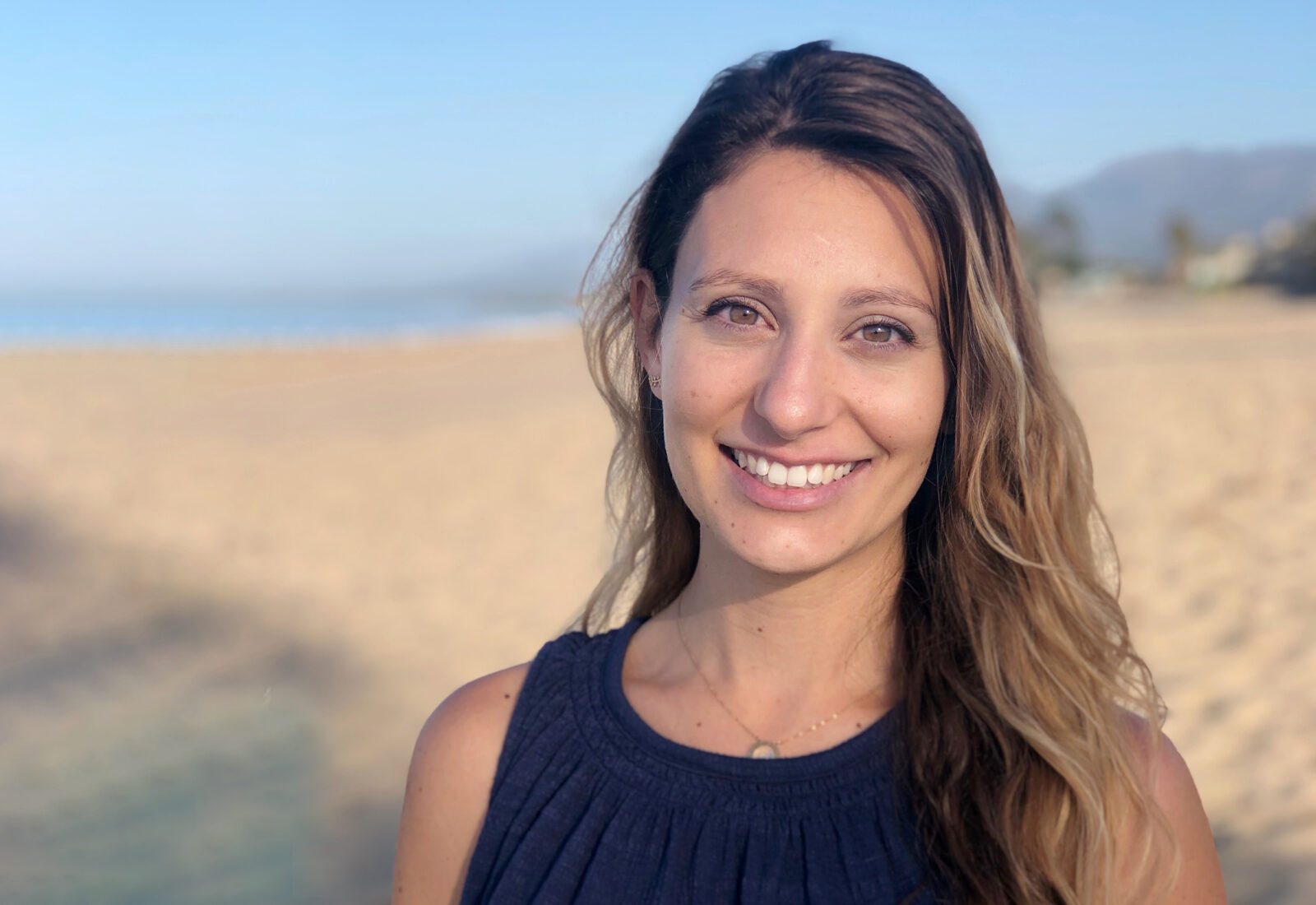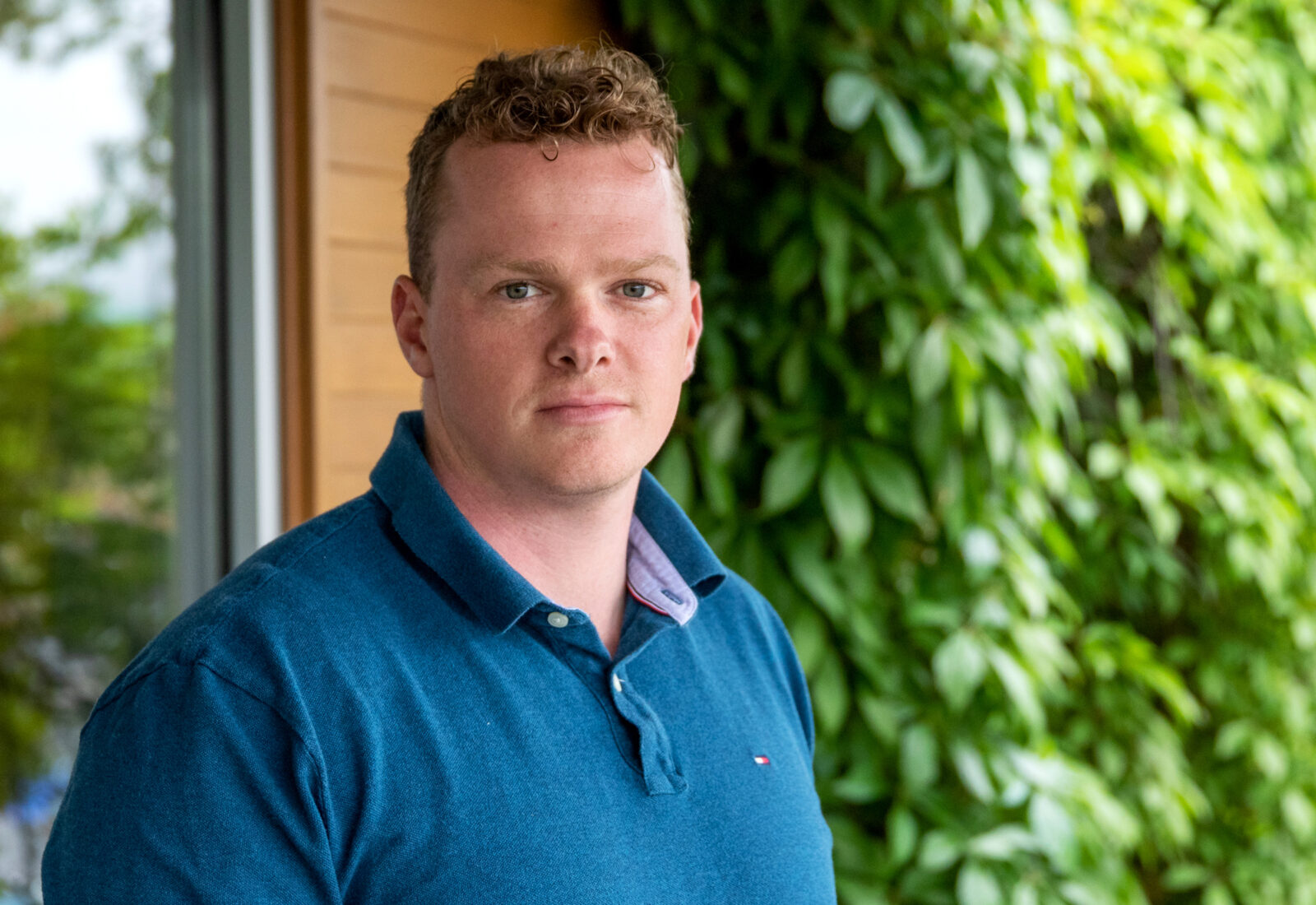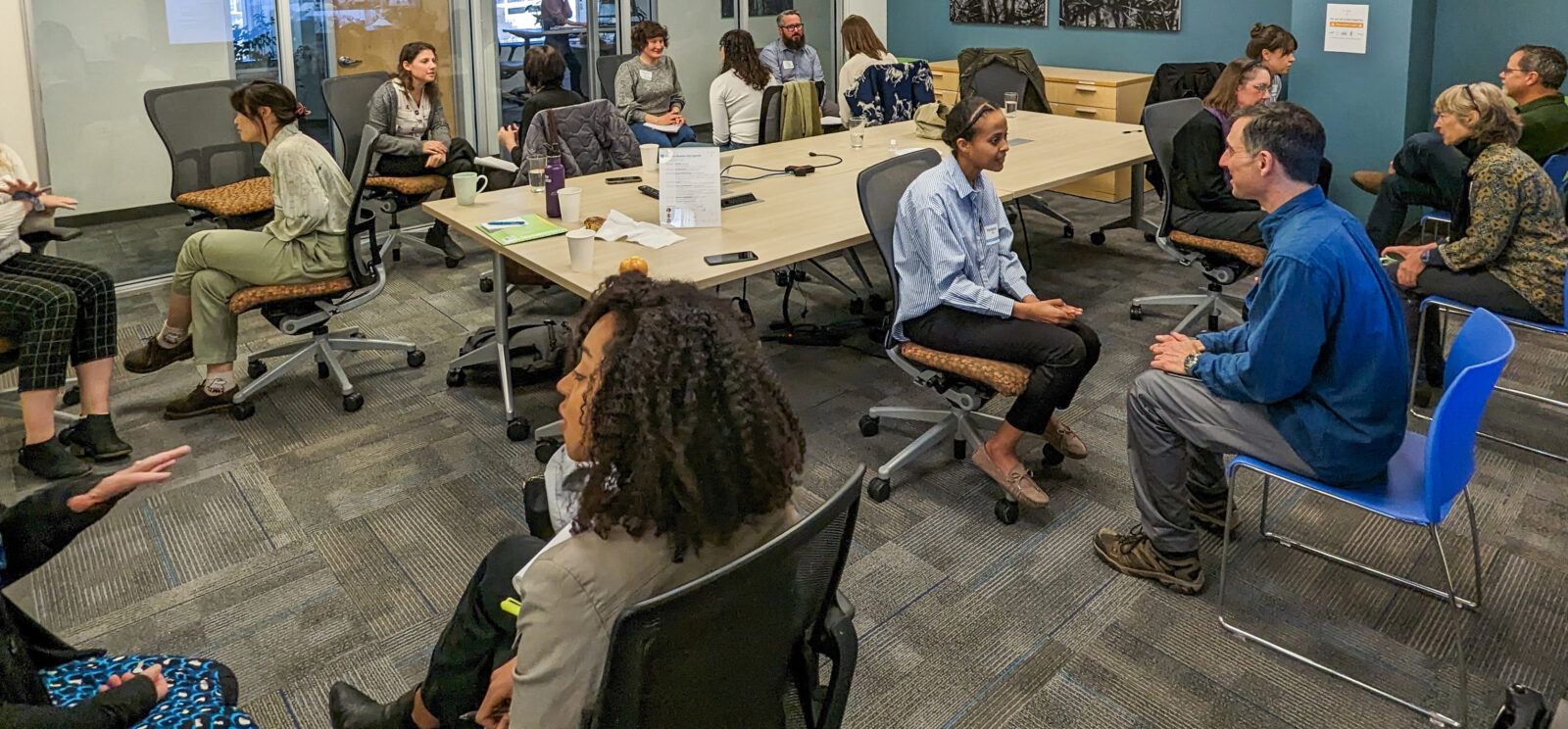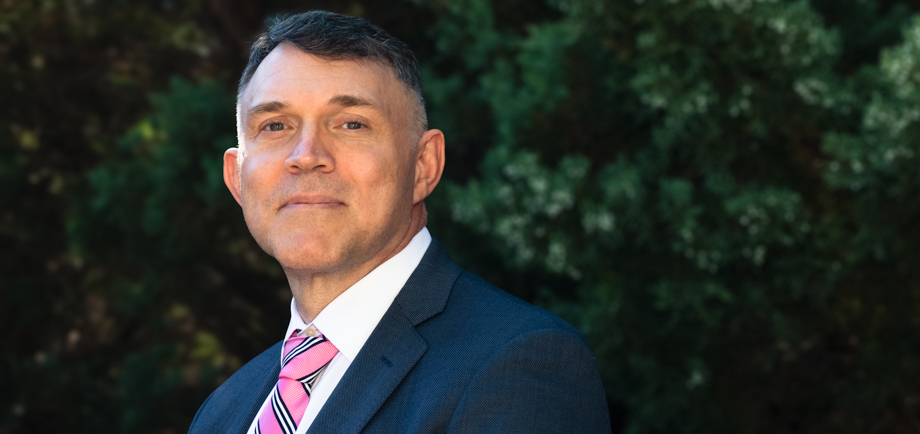Karla is a biologist with over two years of experience conducting biological resource surveys, wildlife monitoring, habitat restoration/enhancement projects, compliance monitoring, and report writing. She most notably works on the California High-Speed Rail project, providing environmental compliance support services and supporting the Southern California Biological Resources and Hydrological groups. Karla is deeply passionate about diversifying the fields of biology, environmental science, and ecology, and enhancing opportunities for underrepresented and underserved communities. She co-leads the Southern California JEDI Salon, an inclusive community for employee-owners dedicated to exploring the realms of Justice, Equity, Diversity, and Inclusion (JEDI) through monthly discussions on various topics.
What is your favorite ESA moment/memory so far?
I have so many wonderful memories of ESA! Here are just a few from this year: using my education hours to do a Christmas bird count at the Salton Sea with Brennan Mulrooney, going to the San Diego Zoo for our ESA holiday party, going out to do raptor surveys with Jaclyn Catino-Davenport, learning about bat acoustics in Arizona, working on an ESA project in Hawaii, going on a yacht for our San Diego summer gathering, participating in the San Diego kickball game, helping out with job shadow day, hosting JEDI salons every month with Kim Pham, working with the hydrology team on a boat, leading my first bat survey, finding the most Easter eggs during our San Diego Easter egg hunt, being part of the SoCal mentorship program and visiting restoration sites with my mentor Mark Dodero, and taking bird ID classes in Orange County, anytime I go out and do a survey with Brenda McMillan, learning how to use MegaDetector with Amy Orduño-Baez, and much more.
What keeps you coming to work here at ESA every day?
Definitely the people! Ever since I was an intern, I have been lucky enough to be surrounded by some amazing and talented individuals. I have learned so much in the last two years, and I am excited to see who I will connect with in the coming years.
What are three skills that you bring to the ESA team? In other words, what should colleagues know to reach out to you about?
- Bat Acoustic Surveys and Analysis!
- Pivot Tables!
- JEDI Salon!
Can you tell us about your Hispanic heritage and its significance in your life?
I was born and raised in Southern California, and my family is originally from Mexico, where they lived in Acapulco. My mom came to the US when she was just 21, looking for a new adventure in her life. When she had me and my brothers, she always instilled a sense of pride in who we were and supported us in every way she could. I grew up thinking I could be anything I wanted and worked hard in school, taking advantage of every opportunity because I knew my family did not have the same chances. One of my biggest goals when I pursued a career in biology was to show my mom and others how important the environment really is. When you are someone like my mom, who worked two jobs to support three kids on her own, you don’t really get a chance to think about and appreciate the environment around you.
Have you encountered any unique challenges or opportunities related to your heritage in your line of work?
I think one of the biggest challenges is being the first to do something like graduate college or being the only person who looks like you in a room full of people. In my past experiences, the lack of community made it really hard to continue moving forward in a particular career. Despite these challenges, I have found strength in my background and have been able to build a supportive community within ESA.
Are there any individuals, events, or experiences from your heritage that have shaped your professional journey?
I definitely need to shout out Sonya Vargas, who was my supervisor when I was an intern at ESA. It was wonderful having someone who shared the same cultural background as me. She understood everything I was feeling and going through and always gave me the best advice. Her support and guidance have been instrumental in my professional growth and have shown me the importance of representation in environmental consulting.
Another significant influence on my professional journey at ESA has been hosting the Southern California JEDI salons each month. These events have allowed me to connect with others who are passionate and want to learn more about justice, equity, diversity, and inclusion, further shaping my perspective and commitment to these values in my work.
What advice would you give to aspiring Hispanic environmental consultants looking to make their mark in this field?
You must be willing to try new things and do them in a way that embraces your cultural background and unique perspective. In consulting, you will always have new challenges presented to you, and it is in those moments that you can solve those challenges in innovative ways that no one else could have thought of. Building a supportive network and seeking out mentors who understand your background can also be incredibly valuable.
